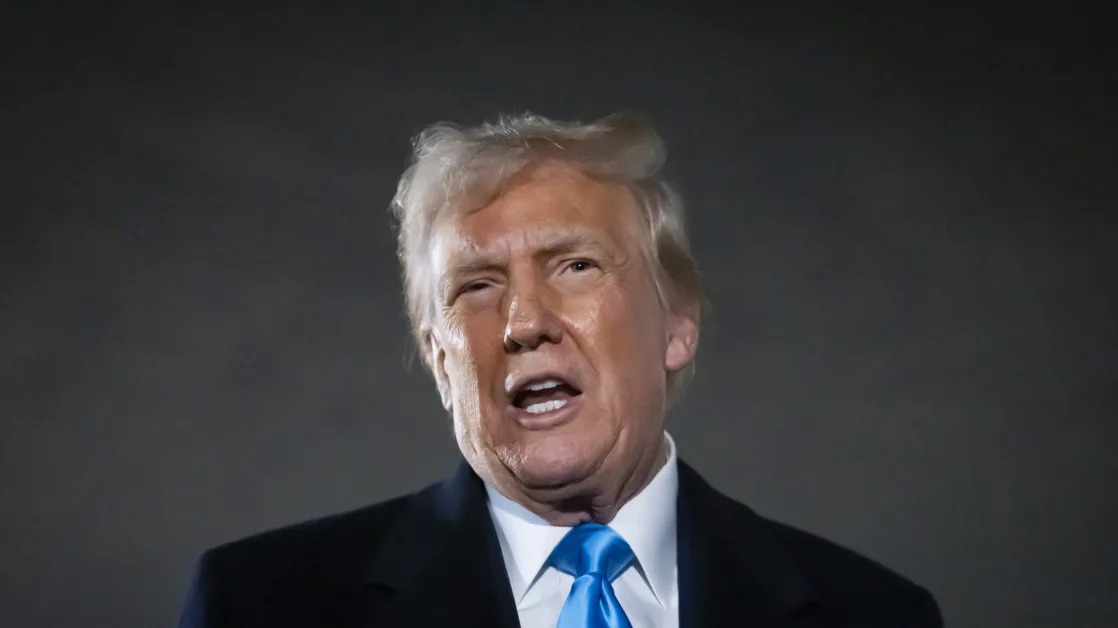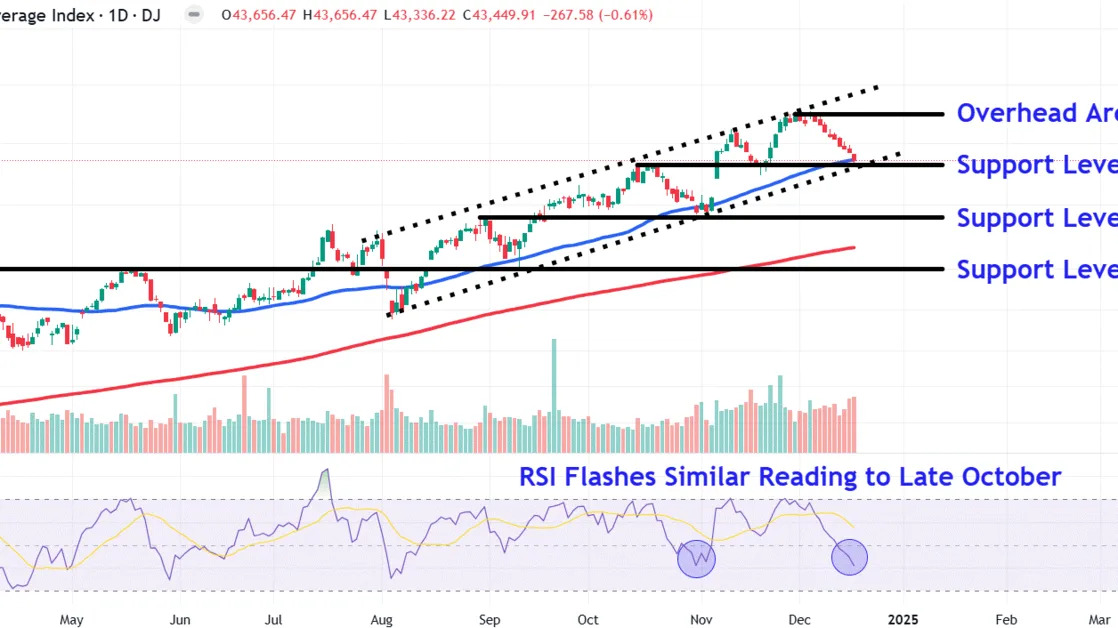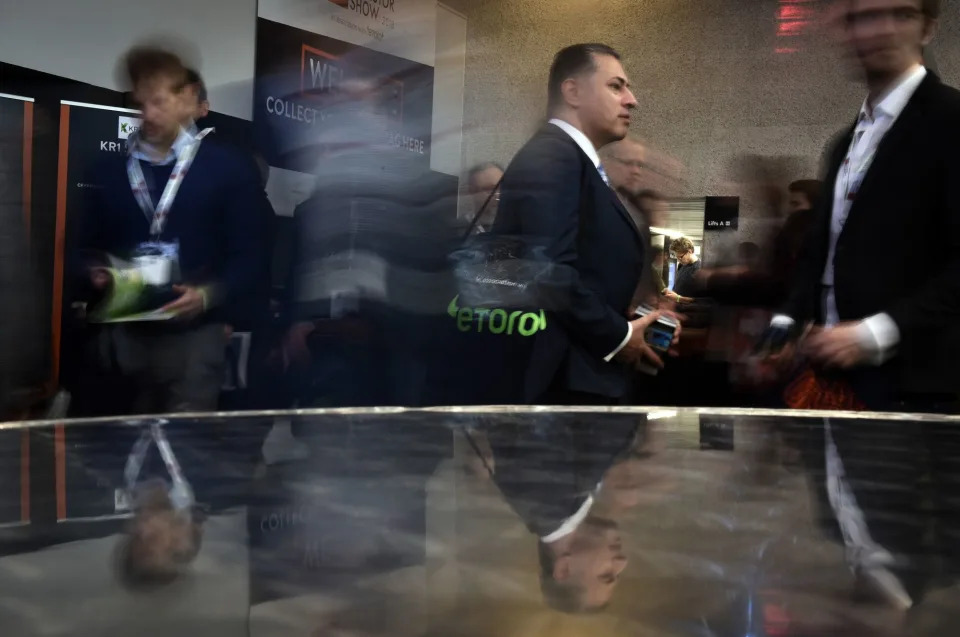(Bloomberg) -- Brazil inflation edged down at the start of the year, as one-time energy credits provided consumers temporary relief from simmering price pressures.
Official data released Tuesday showed consumer prices rose 4.56% from a year earlier, just under the 4.58% median estimate in a Bloomberg survey of economists and down from December’s pace of 4.83%. On the month, they increased 0.16%.
The central bank is planning to take the benchmark Selic to 14.25% next month, marking its third-straight full-point hike, to bring down prices. It has so far struggled to notch lasting progress in its inflation fight due to swings in Brazil’s currency and strong household demand.
Gabriel Galipolo, the new bank chief, started his term on the back foot with annual inflation running well above the 3% target and investors fretting about President Luiz Inacio Lula da Silva’s commitment to shoring up public accounts. Bad weather has also hurt crops and pushed up energy prices.
Interest rate swaps with contracts coming due in January 2027, which are a guage of market sentiment about monetary policy, fell more than 10 basis points in morning trading as investors mulled whether the better-than-expected inflation print could lead to a pause in future borrowing cost increases.
A 3.08% drop in housing costs, pulled down by electricity-bill credits, as well as less expensive clothing prices led to slower inflation in January. Meanwhile, transportation costs jumped 1.3% due to an increase in prices of airline tickets and bus fares, while food prices rose 0.96%, the statistics agency said.
What Bloomberg Economics Says
“Transitory factors drove Brazilian inflation relief in January, but underlying measures remained hot. Absent a major currency appreciation or much sharper economic downturn, the central bank is likely to miss the now-continuous inflation target for most, if not all, of the year.”
— Adriana Dupita, Brazil and Argentina economists
The cost-of-living slowdown is unlikely to alter the monetary authority’s immediate plans. Economists cautioned that Tuesday’s data showed that underlying services inflation, which strips out volatile items like airfare and is a particular area of concern for central bankers, indicated that price pressures continued to build.
“For now, we think that March’s hike will mark the end of the tightening cycle,” Kimberley Sperrfechter, an emerging markets economist, at Capital Economics, wrote in a research note. “But the risks to our interest rate forecast lie firmly to the upside.”
Policymakers are keeping the door open to additional tightening as Latin America’s largest economy has proved resilient to hefty borrowing costs. Analysts now see price increases reaching 5.58% at the end of 2025, according to a survey of economists published by the central bank on Monday. The inflation acceleration is taking a toll on Lula’s standing with working Brazilians, with a majority now disapproving of the president.
While economic growth is beginning to show signs of cooling, economists are bracing for the effects of Donald Trump’s widening trade war. On Monday, the US president announced tariffs on aluminum and steel, hitting one of Brazil’s top exports.
--With assistance from Giovanna Serafim and Robert Jameson.
(Updates with market impact and analysis beginning in fifth paragraph.)





